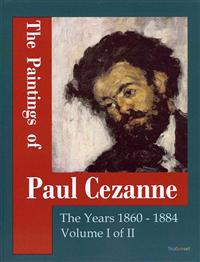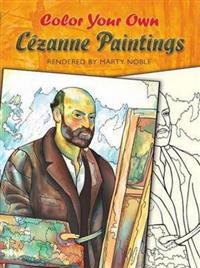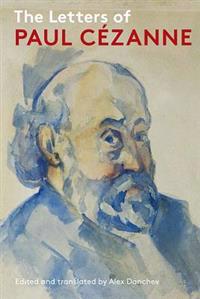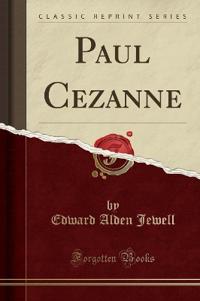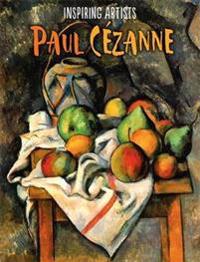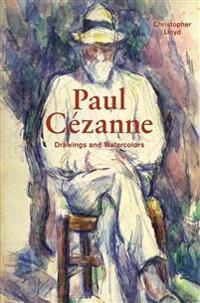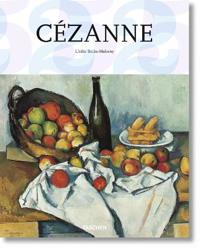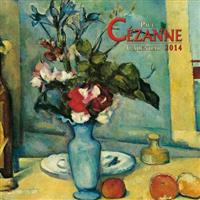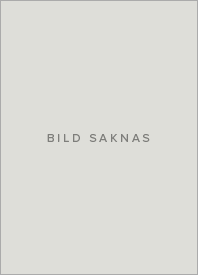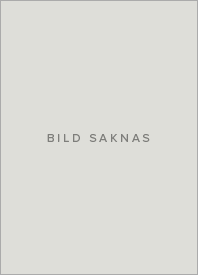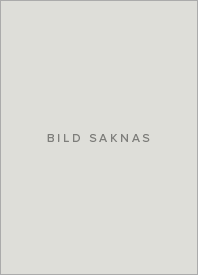The Paintings of Paul Cezanne: The Years 1860-1884 Volume I of II (Häftad)
avPaul Cezanne
ISBN: 9781478375494 - UTGIVEN: 2012-08The Letters of Paul Cezanne (Inbunden)
avPaul Caezanne, Alex Danchev
ISBN: 9781606061602 - UTGIVEN: 2013-10Revered and misunderstood by his peers and lauded by later generations as the father of modern art, Paul Cezanne (1839-1906) has long been a subject of fascination for artists and art lovers, writers, poets, and philosophers. His life was a ceaseless artistic quest, and he channeled much of his wide[...]
Paul Cezanne
ISBN: 9780500093870 - UTGIVEN: 2015-08Drawing was central to Cezanne's indefatigable search for solutions to the problems posed by the depiction of reality. Many of his watercolours are equal to his paintings, and he himself made no real distinction between painting and drawing. This book's six chapters are arranged thematically coverin[...]
The Letters of Paul Cezanne (Inbunden)
avAlex Danchev
ISBN: 9780500239087 - UTGIVEN: 2013-09Here is the long-awaited and much needed new translation of the correspondence of Paul Cezanne, known as the father of modern art. The existing collection in English, produced in the 1930s, is dated, inaccurate and incomplete; for this book, Alex Danchev has gone back to the original manuscript lett[...]
The Pixels of Paul Cezanne: And Reflections on Other Artists (häftad)
ISBN: 9780571336463 - UTGIVEN: 2018-04A celebration of the artists that have inspired the work of Wim Wenders The Pixels of Paul Cezanne is a collection of essays by Wim Wenders which he presents his observations and reflections on the fellow artists who have influenced, shaped and inspired him. "How are they doing it?" is the key quest[...]
Paul Cezanne (Inbunden)
avRobert Burleigh
ISBN: 9780810957848 - UTGIVEN: 2006-03Paul Cezanne (1839-1906) was called "the father of us all" by Picasso, although Cezanne worked outside of the mainstream for most of his life. For a period, he painted alongside the Impressionists, and was mentored by Camille Pissarro. His father never accepted Cezanne's desire to be a painter, and [...]
Inspiring artists: paul cezanne
ISBN: 9781445145464 - UTGIVEN: 2015-11Stunning biographies that look at famous artists through what inspired them, and what their works went on to inspire.[...]
Paul Cezanne (Inbunden)
avUlrike Becks-Malorny
ISBN: 9783836531108 - UTGIVEN: 201111He was the founding father of modern art, the grand master who pointed painting forward on its way from Impressionism to the 20th century: Paul Cezanne (1839-1906). In Paris, but above all in Provence, Cezanne quested tirelessly for "a harmony parallel to Nature"-discovering it in still lives of app[...]

